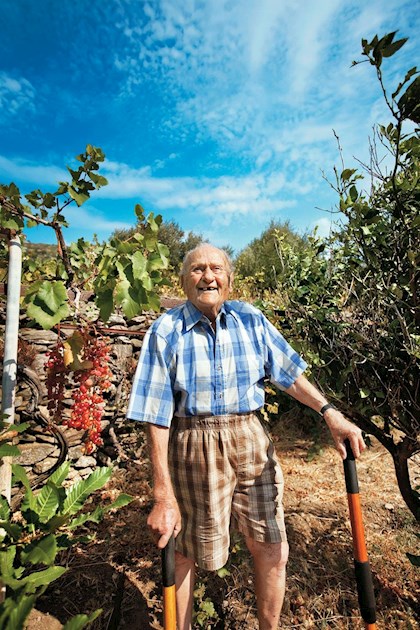I write often about the Mediterranean Diet, which is based on the diet of the Greeks living on the island of Crete in the 1950s. While this is where the current incarnation of the Mediterranean Diet emanated, the truth is the diet has been practiced along the eastern crescent of the Mediterranean Sea for centuries.
For long stretches of the last 3 thousand years, Greek language and culture dominated this part of the world, including the Byzantine Empire which originated as the Eastern Roman Empire after the fall of Rome. Gradually though, through the dominance of the Greek language and culture of the Eastern Mediterranean, the Byzantine Empire became linguistically and culturally Greek.
In turn this culture influenced those surrounding it such as the Balkan countries, Egyptians, Lebanese, and others in that part of the world.
The emphasis on eating locally grown food, primarily vegetables, legumes, nuts and seeds, supplemented by fish and to a lesser extent other animal protein, became the foundational diet for most people in that region.
The proximity to the sea and therefore the abundance of fish, a climate conducive to growing grapes and making wine, and the warm spirit of the people combined to produce an environment ripe for longevity. The hospitality of all peoples in the Eastern Mediterranean basin as well as the incredible weather, also fostered social interaction, another key ingredient to longevity and health.
There is a wonderful and incredible story written 8 years ago in the New York Times that documented an astounding medical journey by a Greek American given a grim prognosis following the discovery of lung cancer in his body.
Read the story by clicking the link below and learn how the culture, diet and lifestyle habits of the many peoples in that part of the world can provide the right mix for longevity:
